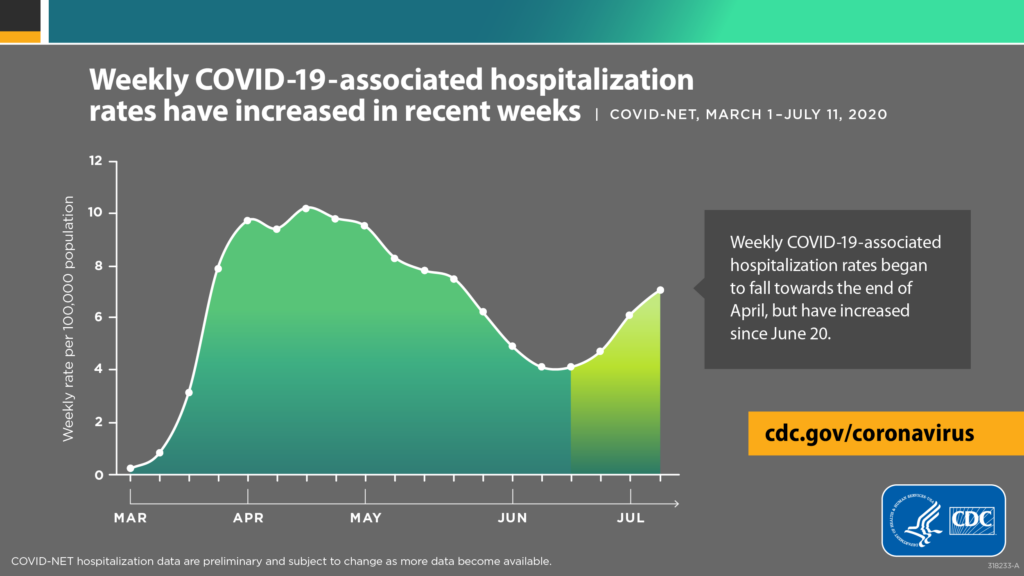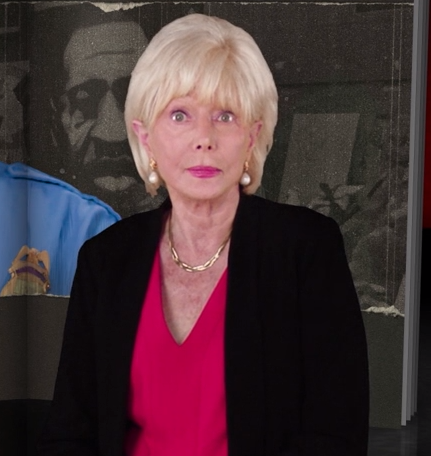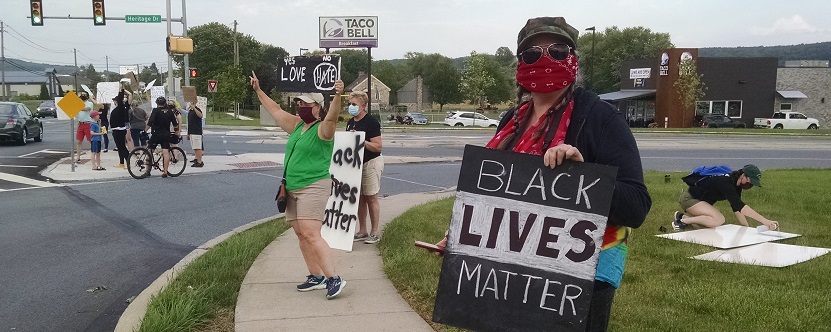The Emojis of Our Discontent
Recently, I posted about the DNC on Facebook and one of my Trump supporter friends (friend-in-the-Facebook-sense) responded with the Haha emoji. That’s the laughing face one, appropriate for silly videos and jokes but also available for mocking someone’s beliefs, which was the intent, I think, in this case. This person proceeded to respond to every subsequent comment with the same emoji, was scolded for behaving rudely, and subsequently unfriended me. However, their comments and reactions remain for posterity.

I bring this up not to hold a grudge but only to note how the Haha emoji is sometimes used to express dissent. I guess you could say it substitutes for a dislike or downvote, which Facebook does not provide. The only other choice is the Angry emoji. Either way it’s going to come across as emotionally charged, so maybe we were unfair to my friend-in-the-Facebook-sense, who kind of got mobbed. But that’s the consequence of posting an unpopular opinion on social media, where people of like belief tend to congregate. Very, very few of my friends-in-the-Facebook-sense are Trump supporters.
I’ve seen the Haha emoji used in other contexts, clearly to express dissent. The typical case is when the Governor of my fine state of Pennsylvania posts a declaration regarding his administration’s response to the pandemic. There are generally a few thousand reactions, of three kinds: Like, Haha and Love. I take that to mean: supports, does not support, and supports whole-heartedly. The ratio will be something like 67%/23%/10%. I find comfort in knowing that there is 3/4 support for the Governor among Facebook users, since I think he is doing an excellent job and want him to keep at it.
I see this pattern of minority objection on other social media platforms as well. Now it’s quite possible that I am not getting the whole picture because of some kind of social bubble effect. But I am reminded of the religious faction in Sid Meier’s Alpha Centauri game, protesting against their society’s mad rush to a technological utopia. Today’s pandemic deniers tag Facebook posts with Haha emojis like they are spraying “We Must Dissent” graffiti. And as the majoritarian viewpoint emerges, they are getting pushed into the shadows.
Trump supporters may actually be too large a minority to be relegated to the lurking in the shadows status of a renegade faction in a science fiction game. But it is my partisan hope that as this era evolves, that is exactly where they will end up in the next era. In the mean time, I can only express my dissent at the outrageous social injustice and criminal conduct of the Trump administration using the Angry red face emoji. It gets used a lot these days. The Sad crying face emoji is also available for expressing a kind of pitying dissent, as if to say, “what a pathetic species.”
I suppose Trump supporters have their criteria for what makes them Angry or Sad, but I don’t see them so much. I live in a different bubble from them. A society split between two bubbles of likeminded people, each group clicking icons on scrolling digital feeds in their own patterns, may be the saddest thing of all. 









